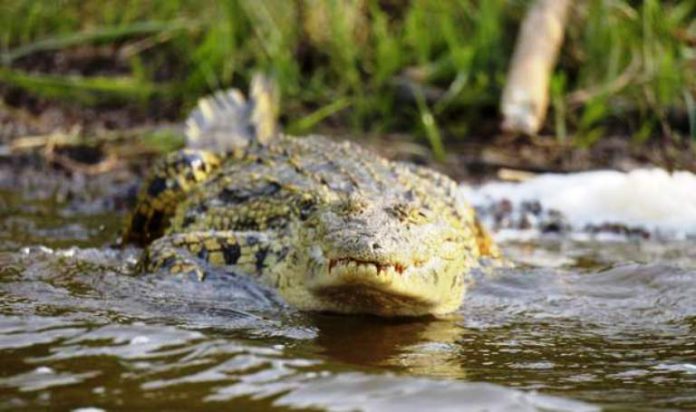Crocodiles are totems for some groups of people in Northern Ghana, particularly in the Sissala enclave of the Upper West Region.
The people revere the crocodiles and, therefore, protect them from any harm. Aside the belief system, these reptiles have also put the area on the world tourism map.
In fact, the Sissala enclave’s contribution to tourism through these reptiles is legendary.
The communities where these reptiles are found are Taffiasi, Bujan, Nabugujan, Gwollu Wuljua and Duu East, all in the Sissala West District, as well as the Sissala East Municipality.
Drought
However, the lives of these crocodiles are under serious threat as the ponds and pools that serve as thier habitats are drying up.
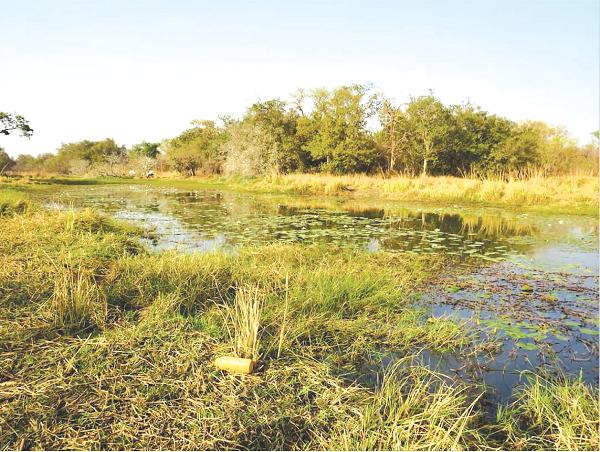
The freshwater habitats of the reptiles have been extensively altered due to human activities and climate change.
The situation has compelled some of the reptiles to bask in the scorching sun, with others straying into nearby slush for summer dormancy.
With the area reeling from severe drought with its ponds, pools and dams drying up, the crocodiles are having a field day exploring land.
Unfortunately, these crocodiles, as part of efforts to locate water bodies during the dry season, get killed by hunters and bushfires.
Their population is gradually declining as a result of the absence of water bodies.
Crocodiles going extinct
Crocodiles are large semiaquatic (growing equally well in or adjacent to water) reptiles that live throughout the tropics in Africa, Asia, the Americas and Australia.
Crocodiles tend to congregate in freshwater habitats such as rivers, lakes, wetlands and sometimes in brackish water and saltwater.
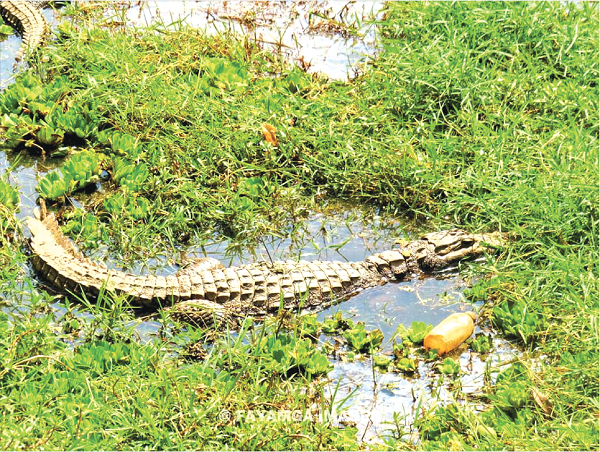
They are carnivorous animals, feeding mostly on vertebrates such as fish, reptiles, birds and mammals, and sometimes on invertebrates such as octopuses, snails, slugs and cuttlefish. They also feed on crabs, lobsters, crayfish and shrimps, among others.
More than 100 crocodiles were killed by bush fires last year, the Daily Graphic gathered from its investigations.
For instance, in the Gwollu township, two ponds which serve as habitat for a number of the reptiles dries up during the dry season, forcing them to stray into the bushes and homes.
In an interview with the Daily Graphic, the Assemblyman for the Bujan Electoral Area, Doho Sumaila, expressed worry about the situation and said the reptiles were gradually going extinct.
“Due to climate change and human activities, the water bodies have dried up and the crocodiles are dying day in and day out,” he lamented.
Beliefs, totems
In communities such as Gwollu Wuljua, Bujan, Taffiasi, Nabugujan and Duu East, the people revere crocodiles as thier ancestors and souls.
The people believe they have special connections to these reptiles, hence there is mutual respect between humans and the reptiles. It is a taboo to kill, harm or eat crocodiles in the area.
Mr Sumaila, who corroborated the belief systems, explained that “they are not ordinary crocodiles; they are the totems of the people”.
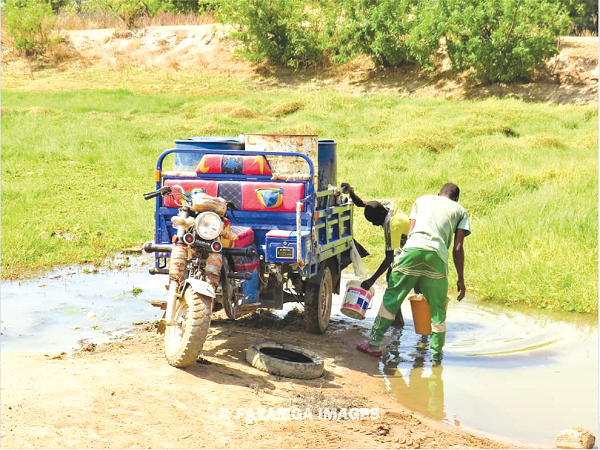
He said it was believed that every member of the clan had a crocodile which was his or her soul, adding that killing a crocodile meant that human being was killed.
“Per custom, if a crocodile dies, it is buried as a human being would be buried. If you are caught killing one, you will be charged by the chief to perform some rituals,” he added.
Tourism potential
The crocodiles appear to be tamed and sometimes stray to the villages without harming anyone.
It is estimated that more than 1,000 crocodiles were living in the various water bodies in the area.
According to a Tour Guide and Environmental Activist, Ayamga Bawa Fatawu, the crocodiles usually crept from one pond to the other for survival during the dry season.
He said though the sites were not developed, a number of tourists visited the place to have a real feel of nature.
He, therefore, appealed for the construction of dams, ponds and the proper development of the sites to serve as safe havens for the reptiles.
That, Mr Fatawu said, would help boost tourism and open up the area.
Stop-gap measures
Although some institutions have done their best to put in place measures to protect the reptiles, their efforts have not yielded any positive results.
In 2021, the Gbele National Park in the Sissala East Municipality, in collaboration with the Tree Growers Association in Gwollu, dredged and planted some trees along the banks of some dams and ponds.
However, some of these water bodies have since been silted, while the trees could not survive.
The Manager of the Gbele National Park, Dr Maabier Polycup, told the Daily Graphic that “as a stop gap measure, we distilled some of the water bodies and planted some trees along the embankments but the situation still persists.
“For now, the best remedy is to put in place a committee backed by the traditional authorities to ensure the planting and regulation of the usage of the water bodies.
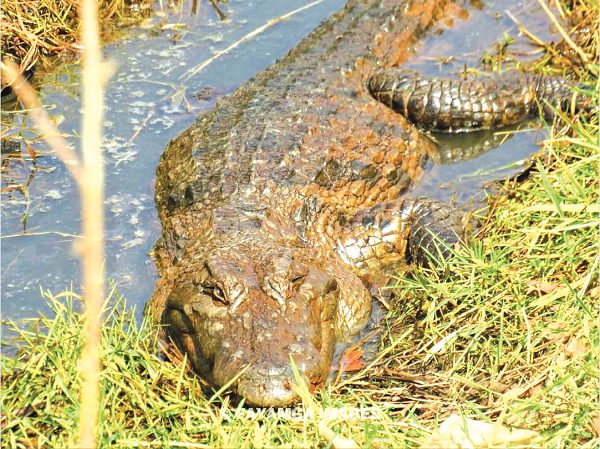
“Once the traditional authorities are involved, the residents will be scared to go near the water bodies,” he stated.
He also suggested the construction of standard dams which could hold enough water through the seasons for the reptiles.
When contacted, the Sissala East Municipal Chief Executive, Batong Fuseini Yakubu, acknowledged the situation and said the assembly had earmarked the development of the sites in its medium term development plan, but was lacking funds.
He, therefore, called on potential investors to partner the assembly to develop the tourist sites.

